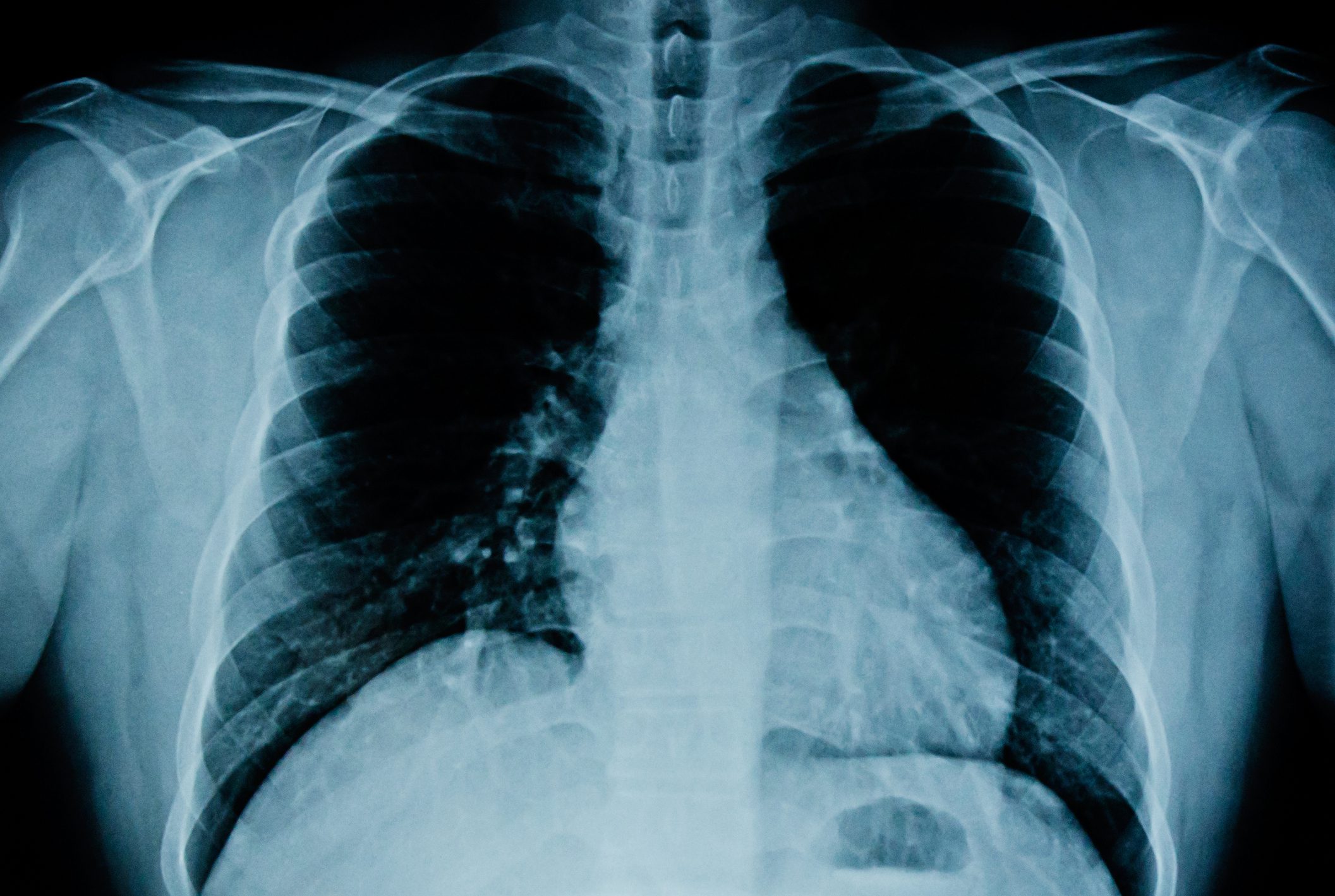Psoriasis is a complex chronic disease that can go beyond skin lesions and affect various aspects of life. The underlying inflammation, which can lead to a variety of concomitant diseases, plays a decisive role [1-3].
Early systemic treatment may show promise for achieving complete skin improvement as well as reducing inflammation and potential comorbidities [4-5].
Psoriasis can be associated with considerable physical, psychological, social and economic stress [6]. The cumulative effect of these factors can limit patients’ quality of life and prevent them from realizing their full potential. This is also referred to ascumulative life course impairment(CLCI) [1, 6]. In this concept, the burden of physical and psychological comorbidities interact and cause lifelong impairments (Fig. 1) .
Systemic inflammatory load
The clinical symptoms of psoriasis develop as a result of a multi-stage process that is based on a disturbed activation of the innate and adaptive immune system [2, 7]. The currently prevailing model for the pathophysiology of psoriasis implies deviations in antigen presentation by dendritic cells and the associated altered differentiation of T helper cell populations. The increased interleukin (IL)-17-producing T-cell response promotes the recruitment of immune cells and thus drives the formation of psoriatic plaques [2, 4]. However, the persistent inflammation not only affects the skin lesions, but also has a systemic effect on various organs in the body: The release of inflammatory cytokines such as tumor necrosis factor-alpha (TNF-α), IL-1, IL-6, IL-17 or IL-23 contributes to the pathogenesis of various concomitant diseases [3, 4].
Figure 1: The stigma and burden associated with psoriasis on patients’ quality of life can have lasting and negative effects that can lead to irreversible and cumulative life course impairment (CLCI). BSA,body surface area; CLCI,cumulative life course impairment; PASI, psoriasis area and severity index. Adapted from [1, 8, 9].
Cardiovascular diseases and psoriasis
Cardiovascular (CV) diseases are among the most prominent concomitant diseases of psoriasis. In fact, psoriasis patients have a 50% higher risk of CV disease and a 40% increased risk of CV-related death in severe psoriasis [10]. However, this risk can only be partially explained by an increased presence of traditional CV risk factors such as high blood pressure, obesity, or diabetes [2, 3].
Studies have shown that systemic inflammation can trigger microvascular dysfunction in psoriasis patients [2]. Initially, IL-17 is released locally in the skin, which in turn leads to an accumulation of reactiveoxygen species(ROS) and drives the production of TNF-α, IL-1β, CCL2 and adhesion molecules such as ICAM-1 in endothelial cells. The increased TNF-α activates the NF-κB signaling pathway and the release of other pro-inflammatory cytokines, which can lead to endothelial dysfunction. These findings highlight the complex interplay of inflammatory mediators in psoriasis and suggest a direct link between skin inflammation and endothelial dysfunction, which ultimately contributes to the development of CV disease [2].
Psoriasis and depression linked at an inflammatory level
In addition to the physical effects, psoriasis can also affect mental health, with depression being a common co-morbidity in up to 30% of sufferers [11]. The psychosocial burden of the visible and stigmatizing skin disease also increases the risk of depressive symptoms [12]. However, systemic inflammation can also contribute to depression. Elevated cytokine levels can stimulate the activity of indoleamine-2,3-dioxygenase, which converts tryptophan to kynurenine [13]. Since serotonin is metabolized from tryptophan, a decrease in tryptophan leads to a decrease in serotonin levels and could therefore promote depression [13]. The complex link between psoriasis, systemic inflammation and mental health therefore highlights the importance of holistic treatment.
Conclusion
Psoriasis can have far-reaching effects on the lives of those affected, which can extend beyond the skin. The underlying inflammation plays a central role and increases the risk of various concomitant diseases such as CV diseases or depression. Effective and early treatment is therefore crucial in order to reduce the burden of comorbidities and improve quality of life.

Prof. Dr. med. Stefano Piaserico, Associate Professor at the University of Padua, was in Switzerland for the Psoriasis Roadshow in November 2023. See an overview of his statements in the video here: Interview with Prof. Piaserico
Why are you interested in Cumulative Life Course Impairment (CLCI) in psoriasis patients? What is your goal?
Prof. Piaserico: My goal is to follow the new national and international guidelines of many countries and to achieve a PASI-100, i.e. the maximum [14]. There are studies that have shown that patients’ quality of life improves much more once the lesions have completely disappeared [15]. Of course, it is also important to consider the overall picture of comorbidities, as a high PASI is associated with comorbidities [4]. Effective and early treatment can potentially reduce the burden of these comorbidities on CLCI.
What convinced you to undergo treatment with risankizumab (SKYRIZI®), particularly against the background of CLCI?
Skyrizi® has proven to be effective not only in the short term, but also in the long term [16,17]. It also has a very well documented safety profile. Skyrizi® therefore holds all the cards to be the best choice for psoriasis treatment and ultimately change the course of psoriasis and the lives of patients – and thus reduce the cumulative impact on the course of life.
Short technical information SKYRIZI®
Literature
1 Linder, M.D., et al, Psoriasis – The Life Course Approach. Acta Derm Venereol, 2016. 96(217): p. 102-8.
2 Orlando, G., et al, Psoriasis and Cardiovascular Diseases: An Immune-Mediated Cross Talk? Front Immunol, 2022. 13: p. 868277.
3 Piaserico, S., G. Orlando, and F. Messina, Psoriasis and Cardiometabolic Diseases: Shared Genetic and Molecular Pathways. Int J Mol Sci, 2022. 23(16).
4 Korman, N.J., Management of psoriasis as a systemic disease: what is the evidence? Br J Dermatol, 2020. 182(4): p. 840-848.
5 Gargiulo, L., et al, A risankizumab super responder profile identified by long-term real-life observation-IL PSO (ITALIAN LANDSCAPE PSORIASIS). J Eur Acad Dermatol Venereol, 2024. 38(1): p. e113-e116.
6 Warren, R.B., C.E. Kleyn, and W.P. Gulliver, Cumulative life course impairment in psoriasis: patient perception of disease-related impairment throughout the life course. Br J Dermatol, 2011. 164 Suppl 1: p. 1-14.
7 Ben Abdallah, H., C. Johansen, and L. Iversen, Key Signaling Pathways in Psoriasis: Recent Insights from Antipsoriatic Therapeutics. Psoriasis (Auckl), 2021. 11: p. 83-97.
8 Kimball, A.B., et al, Psoriasis: is the impairment to a patient’s life cumulative? J Eur Acad Dermatol Venereol, 2010. 24(9): p. 989-1004.
9 Ros, S., L. Puig, and J.M. Carrascosa, Cumulative life course impairment: the imprint of psoriasis on the patient’s life. Actas Dermosifiliogr, 2014. 105(2): p. 128-34.
10 Weber, B., et al, Psoriasis and Cardiovascular Disease: Novel Mechanisms and Evolving Therapeutics. Curr Atheroscler Rep, 2021. 23(11): p. 67.
11 McCormick Howard, L., National Psoriasis Foundation: a patient-centric approach to improve access to psoriatic disease treatment. Am J Manag Care, 2016. 22(4 Suppl): p. s104-7.
12 Armstrong, A., et al, Patient perceptions of clear/almost clear skin in moderate-to-severe plaque psoriasis: results of the Clear About Psoriasis worldwide survey. J Eur Acad Dermatol Venereol, 2018. 32(12): p. 2200-2207.
13 Patel, N., et al, Psoriasis, Depression, and Inflammatory Overlap: A Review. Am J Clin Dermatol, 2017. 18(5): p. 613-620.
14 Nast, A., et al, EuroGuiDerm Guideline on the systemic treatment of Psoriasis vulgaris – Part 1: treatment and monitoring recommendations. J Eur Acad Dermatol Venereol, 2020. 34(11): p. 2461-2498.
15 Takeshita, J., et al, Patient-reported outcomes for psoriasis patients with clear versus almost clear skin in the clinical setting. J Am Acad Dermatol, 2014. 71(4): p. 633-41.
16 Papp K et al. Long-term Safety and Efficacy of Risankizumab for the Treatment of Moderate-to-Severe Plaque Psoriasis: Interim Analysis of Results From the LIMMitless Open-label Extension Trial Beyond 5.5 Years of Follow-up. Poster 43928. Presented at the 2023 American Academy of Dermatology Annual Meeting (AAD 2023), March 17-21, 2023, New Orleans, LA, United States.
17. current SKYRIZI® (risankizumab) technical information at www.swissmedicinfo.ch.
The references can be requested by professionals at medinfo.ch@abbvie.com.
Report: Dr. sc. nat. Stefanie Jovanovic
This article was produced with the financial support of AbbVie AG, Alte Steinhauserstrasse 14, 6330 Cham.
CH-SKZD-240017 05/2024
This article has been released in German.













